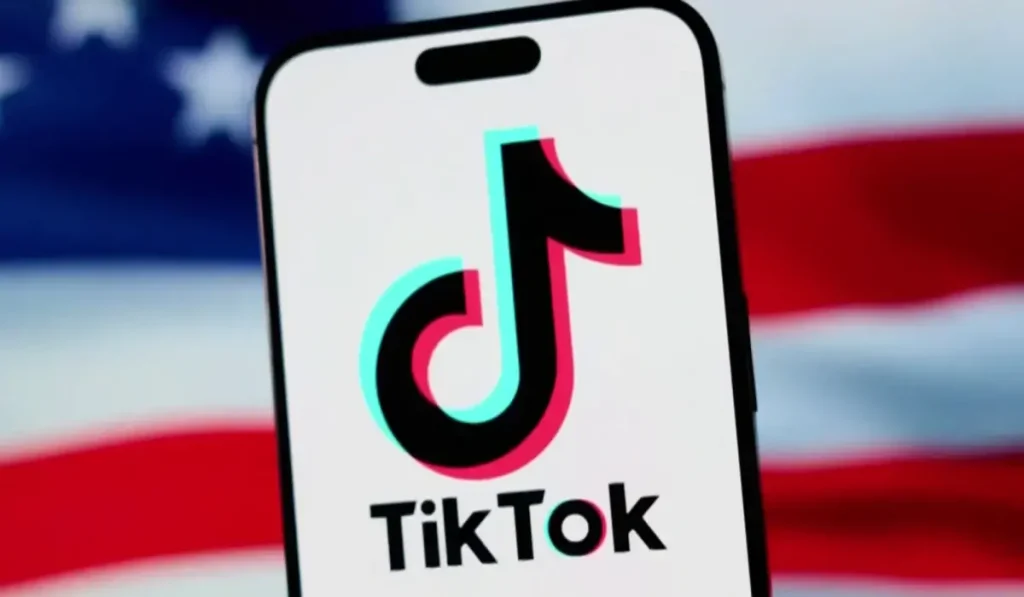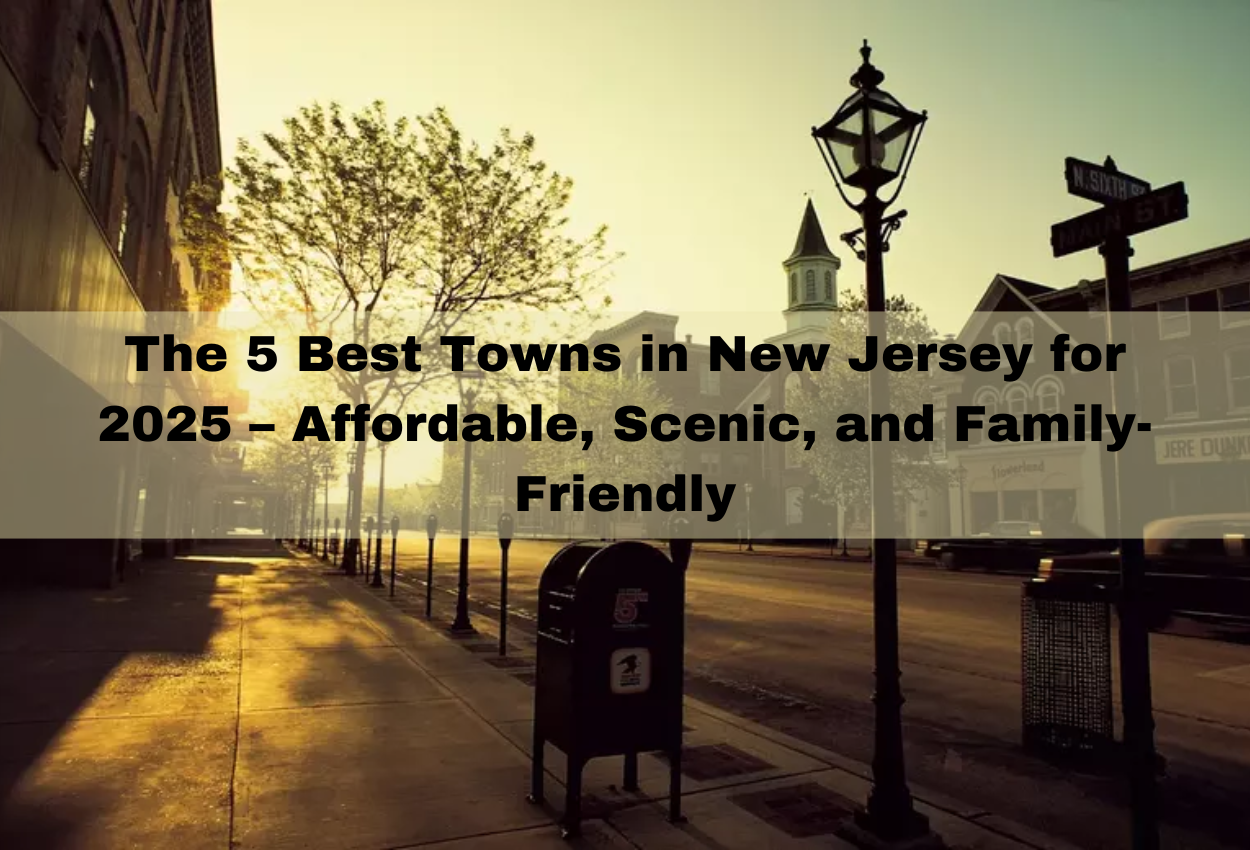TikTok’s future in the United States remains unclear, leaving South Carolina influencers and small businesses in a state of limbo. The popular app, known for its short videos and unique algorithm, has become more than just a platform for entertainment—it’s a livelihood for many. With over 850,000 followers on TikTok, South Carolina creator Sarah Baus describes the potential ban as a “catastrophic blow” to her career and countless others relying on the platform.
The uncertainty follows legal battles and national security concerns tied to TikTok’s Chinese parent company, ByteDance. As creators and businesses navigate the murky future of TikTok, questions linger about how they’ll adapt if the app disappears for good.
What’s Happening with TikTok?
In April 2024, then-President Joe Biden signed legislation requiring TikTok to either be sold to a U.S.-based company or face a nationwide ban due to national security concerns. ByteDance’s ties to China have raised fears about potential data misuse.
On January 18, 2025, TikTok was briefly removed from app stores, blocking users from downloading the app or posting new content for 12 hours. Although the Supreme Court upheld the ban, newly sworn-in President Donald Trump extended a 75-day grace period, allowing existing users to access the app temporarily. However, the platform’s long-term fate remains uncertain.
For content creators like Baus, the stakes are high. “It feels like I’m getting fired by the government,” she said. The Charleston-based influencer, who flew to Washington, D.C., to protest the ban, stressed that TikTok is more than just a fun app—it’s a primary source of income and a community-building platform for millions.

Impact on South Carolina Influencers
The TikTok ban would hit creators and small businesses across South Carolina hard. Influencer Ken Walker, known for showcasing Columbia’s restaurants and events, said TikTok accounts for nearly 30% of his income. Walker uses the platform to promote local businesses, reaching his 37,000 TikTok followers and 59,000 Instagram followers.
“It’s going to hurt me, but it’s going to hurt a lot of small businesses that I’ve helped out over the two, three years that I’ve been doing it,” Walker said. His minute-long videos help local businesses gain visibility and attract new customers. Without TikTok, Walker and businesses like those he supports will need to find other ways to connect with their audience.
For influencers, TikTok’s algorithm is unmatched in its ability to amplify content. Many worry that alternatives like Instagram Reels and YouTube Shorts won’t provide the same reach or engagement.
“Tiktok is unique,” said Baus. “I truly don’t have a Plan B, but I’ll keep trying to find my community. I just know it won’t ever be the same.”
Economic and Emotional Toll
The ban’s potential economic impact extends beyond influencers. Small businesses that rely on TikTok for marketing and customer engagement could face significant challenges. Unlike traditional advertising, TikTok allows businesses to showcase their products in an organic and relatable way, often reaching younger audiences like millennials and Gen Z.
“TikTok is more related to millennials and Gen Z, who are at a critical point in their lives when it comes to purchasing power,” said Brandon Boatwright, a social media researcher at Clemson University.
In addition to the financial toll, creators fear losing the communities they’ve spent years building. These communities, often formed around shared interests, provide a sense of belonging and support for both influencers and their followers.
What’s Next for Influencers?
With TikTok’s future uncertain, creators are exploring alternatives. Instagram Reels and YouTube Shorts offer similar features, but many influencers say the platforms don’t replicate TikTok’s unique appeal. For some, diversifying their presence across multiple platforms could be a way forward, though it may require extra effort and resources.
Baus and others remain hopeful that their audiences will follow them to other platforms. “At the end of the day, I am dedicated to my people and my community,” Baus said. “I hope they’ll try to find me, and I’ll keep trying to find them.”
Conclusion
As TikTok’s fate hangs in the balance, South Carolina influencers and small businesses face an uncertain future. The potential ban could disrupt livelihoods, challenge small business marketing strategies, and dismantle communities built on the platform.
For now, creators like Baus and Walker are bracing for the worst while hoping for the best. Whether TikTok survives or not, their resilience and creativity will undoubtedly guide them through this challenging time.
Disclaimer—Our team has checked this article to ensure its accuracy and eliminate any misinformation. We are committed to providing clear and reliable information for our readers.




